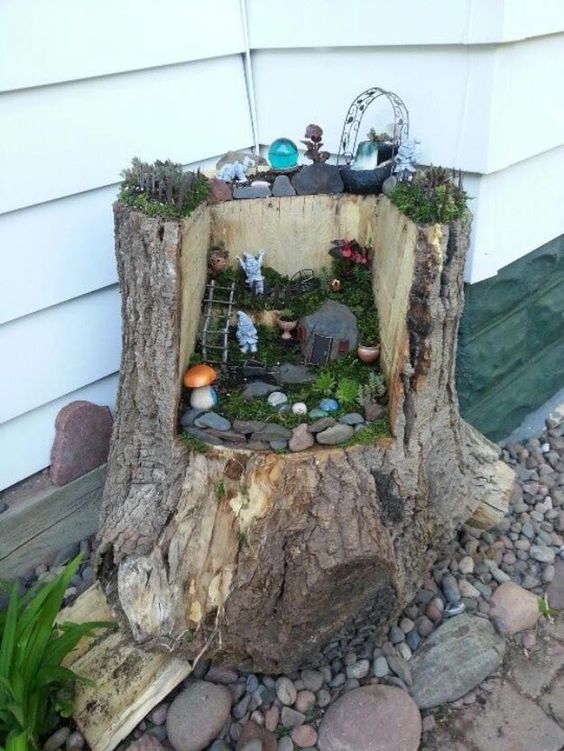Table of Content
You don’t want to be leaving puppy at home by themselves in the first couple of days, you want to be able to help him get to know his new environment and establish a routine. If a breeder offers you the option to bring home the puppy early, or the breeder is advertising puppies ready to find a home younger than that age, it’s best to avoid them. Around the age of six weeks is when puppies start to take more time to take care of, become more expensive to feed and are generally messier to clean up after. If there are other pets in the house, don’t be in a rush to introduce the puppy to them.

Your vet can advise you on preventative measures for all of these—and you should follow your vet’s advice. At your first visit, the vet will likely complete a general well-being checkup. At Infinity Pups, our goal is to help you find the puppy that's right for your home.
Does Your Dog Have Canine Respiratory Infection?
If you have brought home a puppy that is 8 weeks then beware from the start. Thus anything that is heard by the puppy or done to this puppy could cause fear that lasts a long time and takes a while for him to grow out of . So you will have to be more patient during this age and let your new puppy take the time needed to explore and adjust.
Talk to them in the car so they are reassured and become familiar with your voice in addition to your scent. The next step is to teach your puppy that biting is not acceptable behavior. Whenever he bites you, yelp loudly and then walk away from him. This will help him understand that biting results in you leaving, which is something he does not want. This can confuse your puppy and make him distrustful of you during play. Puppies should not be crated for more than a few hours at a time.
Puppies Need Frequent Attention
This can be immensely helpful, but it is a good idea to continue the work after bringing a puppy home. Make sure that the crate is the appropriate size; it should be small enough that the puppy can stand up and turn around. If it’s too large, the puppy can urinate on one side of the crate and sleep on the other. A crate bed or baby blanket along with safe toys, such as a puppy heartbeat toy, can make the crate cozy and welcoming.
Lastly, you will want to make sure that puppies have access to small amounts of food and drink if they are going to be alone—especially young puppies. You will also likely want to put puppy pads down in their area to catch any accidents. There will likely be accidents when you leave young puppies alone. Giving them food, water, and puppy pads will ensure that they have everything they need for their alone time. At first, try not to leave your puppy for long periods without warming them up to being alone. Like human babies, puppies do not like being left alone.
First Day with Puppy
Initially, you can make gruel by mixing a milk replacer in puppy food soaked in water and place this mixture in a flat saucer. A puppy should sleep in a crate or a puppy pen next to your bed during the first week. This will help them feel safe and secure while they are adjusting to their new environment.

They have accidents, sleep a lot, cry at night, and above all, they cause you to panic. Your puppy is one of the best investments you’ll make and you want to spend your entire life-loving, learning, and growing with him! To get started on this journey together, you want to make sure that your first few weeks together should begin on the right foot. It seems like one dog or puppy is never enough and if you’re introducing your new puppy to an older dog, the prospect can be daunting. Much like your puppy is settling into his new home, your older dog may feel that he’s been intruded upon with this new ball of fluff! Keep the hair raising antics to a minimum by doing a little training with both pets.
How Long Can 12 Week Puppy Hold Pee?
This is a really exciting time for you, and a puppy can bring so much joy and laughter to your home. For the health of your puppy – long term – it’s important that you don’t bring your puppy home before about 8 weeks of age. This creates a critical foundation that will set the stage for their adulthood. Providing puppies with the appropriate socialization and basic puppy training allows them to grow into confident adult dogs.

There are a few things to consider when deciding whether or not to sleep downstairs with a puppy. One is the age of the puppy – younger puppies may need more supervision and may not be able to hold their bladder for as long as an older puppy. Additionally, puppies are more likely to chew on things and make messes, so you may want to keep them contained in a smaller space until they are house-trained. It is generally not recommended to let your dog roam the house at night.
You’re getting a puppy, and you can’t wait to bring home that adorable bundle of fur. You don’t want to miss one minute of your new baby’s puppyhood. Their whole world at this early age has been their mother, their littermates, and their old home, so you need to be aware that it will seem overwhelming and confusing to them. Obviously, there is a lot more to it than that, but starting with these jobs will get you and your young puppy moving in the right direction.

Most experts agree that puppies should be started on potty training between the ages of 12 weeks and 16 weeks. At this age, they have enough control over their bladder and bowel movements to learn to hold it. Our articles are written by passionate dog owners, dog breeders and dog trainers who are dedicated to improve the lives of both dog owners and their dogs. For adult dogs or dogs older than six months, they recommend not leaving your dog for more than eight hours at a time without breaks. Some pet advocacy groups say that you should not leave any dog alone for more than four hours at a time, but for many people, that is simply an unrealistic proposition. Adult dogs need to be let out periodically in order to use the bathroom, but not everyone can tend to their dog every four hours.
You can also take toys and/or blankets for your puppy and leave them with the breeder or rescue for a few days before you pick up your puppy, to bring back with you on moving day. You can bring your puppy home from the breeder’s office or from the shelter. When you bring your puppy home, it should be trained to be on a schedule and have multiple pee breaks throughout the day. It is advisable to introduce your puppy to water in the early stages. If you have a backyard, you can build a swimming pool for your dog.
The most important part of bringing home a puppy is to have fun. Show them their toys, play with them, and let them know you are going to be their new best friend. You are still new to them, which can be scary for puppies. As they become more comfortable and show no signs of stress (i.e. not sniffing as much) you can introduce other family members for a pet or play. If you have young kids, make sure they are calm and gentle with the puppy as to not overwhelm them.

No comments:
Post a Comment